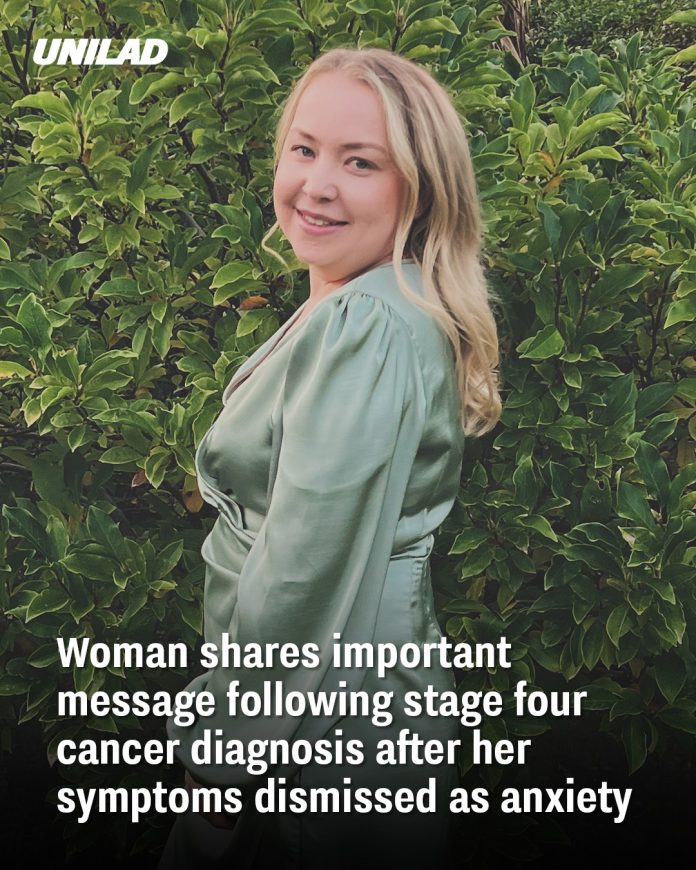In 2018, Lily Murphy, a 23-year-old administrative clerk from Watford, UK, noticed a mole on her skin that had darkened and begun to bleed. Initially, doctors dismissed her concerns, attributing the symptoms to anxiety. However, a second opinion led to a referral on the two-week cancer pathway, resulting in a diagnosis of stage 1B melanoma. After two surgeries in 2019, she was declared cancer-free.

By 2023, Lily began experiencing persistent fatigue, back pain, and severe chest discomfort. Despite initial assessments suggesting anxiety, further scans and blood tests revealed stage four melanoma, with masses in her lungs and neck. Doctors explained that, in rare cases, melanoma can spread through the bloodstream without appearing on scans, which was the case for Lily. She now faces lifelong treatment but remains hopeful due to advancements in medical therapies.
Lily had used sunbeds fewer than ten times, primarily before a trip to Southeast Asia, aiming to “start” her tan. Reflecting on her experience, she stated, “Just going on a sunbed for six minutes can change your whole life.” Determined to raise awareness, Lily launched a petition titled “Ban Sun Beds to Protect Against Skin Cancer in the UK,” which has garnered over 1,300 signatures. She emphasizes that banning sunbeds could save lives and reduce healthcare costs.

Lily’s story underscores the dangers of sunbed use and the importance of early detection. She advocates for regular skin checks and urges individuals to seek medical advice if they notice any changes. Her journey serves as a poignant reminder of the potential risks associated with artificial tanning and the critical need for awareness and prevention.

















